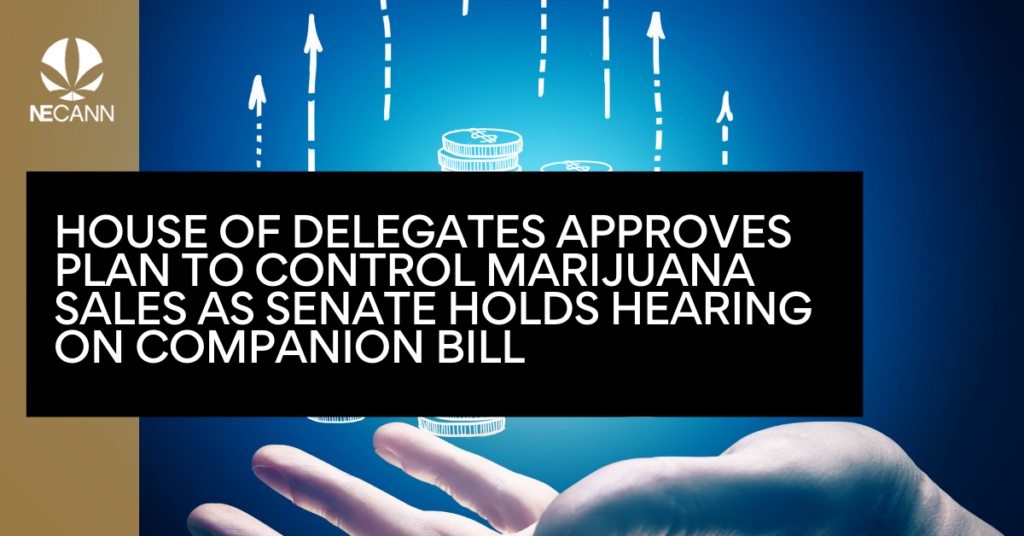The Maryland House of Delegates passed a bill to create regulations that would allow for adult-use marijuana commerce, following the legalization of marijuana in a referendum last year. A report from Marijuana Moment says that the companion bill in the Senate had its first committee hearing.
Del. C.T. Wilson (D) championed the legislation, which was approved by a 103-32 vote just two days after it advanced through second reading in the House. “This is a $1-2 billion industry for Maryland alone,” said Wilson on the floor. “It’s now our obligation to create an adult-use program and ensure our citizens can benefit from ownership in this industry; have safe and effective access to cannabis without fear of adverse health effects or violence; and for small businesses to flourish under this industry—not to mention allowing those communities ravaged by the war on drugs to benefit from marijuana.”
The bill underwent some significant changes during committee which included taxation at six percent for the first fiscal year beginning this summer before increasing one percent each year until 2028 when it would max out at 10 percent. This tax would not apply to medical marijuana patients. Moreover, 30% of revenue generated from marijuana taxes would be allocated towards a community reinvestment fund for at least 10 years; 1.5% going towards localities; another 1.5% to counties; 1.5% towards the Cannabis Public Health Fund and finally 1.5% towards the Cannabis Business Assistance Fund respectively.
The current Marijuana Alcohol and Tobacco Commission (MATT) will be renamed as Maryland Alcohol, Tobacco & Cannabis Commission (MATCC). The MATCC will form a Division of Cannabis Regulation and Enforcement which will oversee the distribution of business licenses within program parameters set out by July 2024 with existing medical dispensaries being eligible for conversion into dual licensees upon payment fees by July 1st 2021 – provided they meet certain criteria such as hosting “meaningful partnerships” with social equity applicants regarding business mentorship/training/space-sharing etc..
To further promote investment opportunities among Social Equity applicants, a Capital Access Program has been outlined providing low-interest loans while ensuring that local areas cannot impose additional taxes or prevent existing medical cannabis businesses converting into dual licensees from operating therein.




